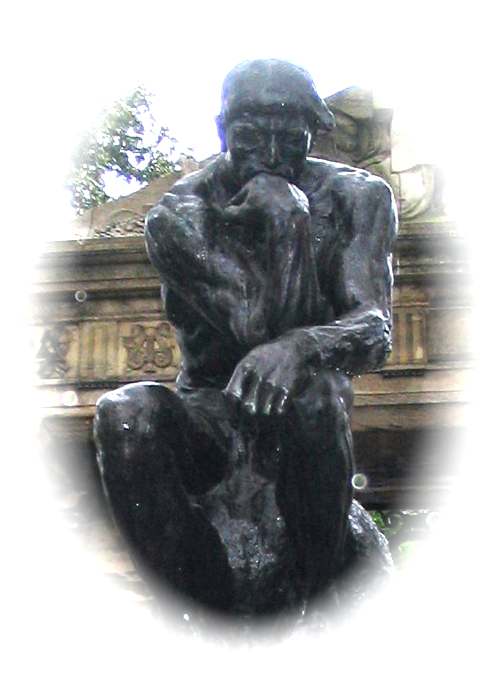Free will eh?
 Monday, July 26, 2010 at 05:47AM
Monday, July 26, 2010 at 05:47AM  Yesterday I went to see Inception and it was great. Time will tell whether it’s “an instant classic” as David Stratton suggested, but it was certainly lots of fun. Like many people, I am intrigued by the unconscious (and subconscious) mind, so if you’re one of those people, I recommend it. Fascination with the sleeping mind is what eventually led me to write Somnium.
Yesterday I went to see Inception and it was great. Time will tell whether it’s “an instant classic” as David Stratton suggested, but it was certainly lots of fun. Like many people, I am intrigued by the unconscious (and subconscious) mind, so if you’re one of those people, I recommend it. Fascination with the sleeping mind is what eventually led me to write Somnium.
In any case, Inception reminded me about a recent article in Science (2 July 2010), suggesting that the unconscious mind might control our actions more than we give it credit for. Ruud Custers and Henk Aarts of Utrecht University reviewed research examining the role of the unconscious mind in decision making and it makes for interesting reading. I don’t know whether Leonardo DiCaprio is actually affecting your thoughts, but if he wants to, your brain might have all the right software in place.
According to Custers and Aarts the human brain is designed for constant action, continuously gathering and processing information both consciously and unconsciously. The authors describe the steps involved in pursuing a goal. These steps are taking a positive goal or task in mind (“considering” the goal), determining how easily the goal can be achieved (is it even possible) and assessing value of the goal (what’s in it for me). Much of this happens without conscious effort.
For example, students asked to complete word puzzles featuring positive words like “win” or “achieve” will outperform students attempting puzzles with more neutral words. These are types of cues or influences are known as “primes” and in this case they are consciously recognisable. Subliminal primes, however, have also been shown to lead to goal pursuit and achievement.
Students asked to squeeze a hand grip in response to a start signal, will squeeze earlier if they have been presented with subliminal messages suggesting physical exertion. They would also squeeze harder and for longer if their subliminal messaging included words suggesting reward (such as “good or “nice”).
Custers and Aarts also cite MRI studies showing that many processes of goal pursuit happen in the limbic system of the brain. This is a fascinating region that - among many other things - is believed to influence hunger, thirst, blood pressure, circadian rhythms, sexual arousal, our sense of smell and balancing fear and reward.
I remember reading (somewhere) that toddlers do some of their learning by trying to achieve outcomes, rather than trying to mimic processes, a subtle but important distinction.
None of this means that your conscious thoughts don’t matter, but don’t underestimate what your brain does without you knowing.

Reader Comments